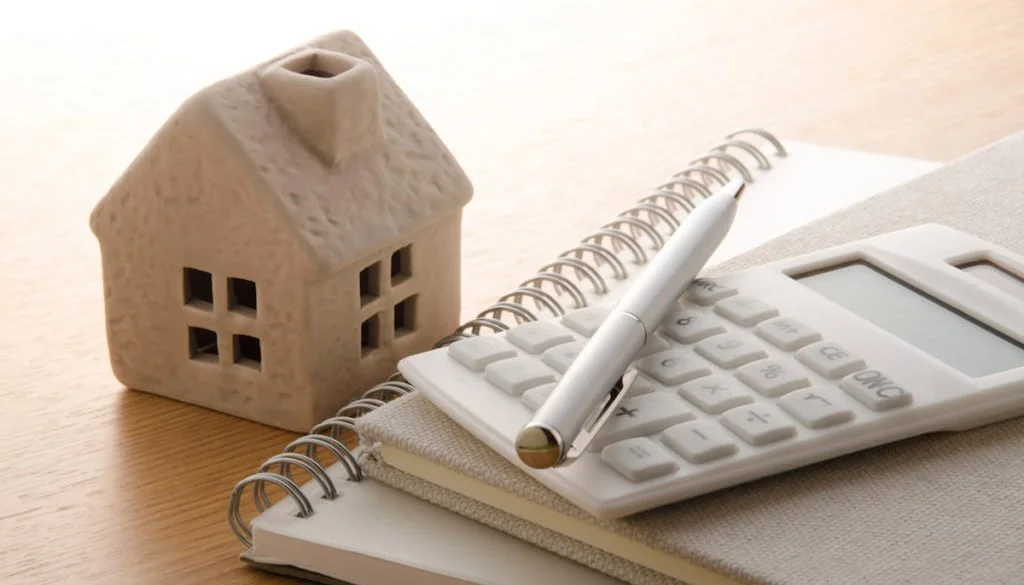Should I Opt to Pay the New Land Tax?
by Bruce Carr
The NSW government has passed legislation introducing a mechanism whereby first home buyers can opt to replace the significant upfront cost of stamp duty with an annual land tax.
How Will it Work?
From 16th January 2023, first homebuyers in NSW can choose to opt out of paying stamp duty in favour of an ongoing land tax payment. The scheme guidelines are:
Properties valued up to $1.5M, or land for construction up to $800,000 are eligible
The land tax rate will be $400 + 0.3% of the unimproved land value (set by the Valuer General) per annum
Available for owner occupiers only. If the property is later converted to an investment property, then a substantially higher rate of land tax will apply
Existing first home buyer stamp duty exemptions for purchases < $800,000 will still be available
Why is it Being Done?
The changes for first home buyers are likely to be the first step in the NSW government’s plans to reform the entire property transfer stamp duty system. Over time it is expected that the option to pay land tax instead of stamp duty will be available for all transactions, and that ultimately stamp duty will be phased out altogether.
The changes are being touted as improving productivity and removing some serious inequalities in the current tax system. There are two glaring examples of this:
Older couples living in larger dwellings are disincentivised to downsize to a small dwelling because of the stamp duty cost involved.
People who frequently move because of their work are presently effectively forced to be renters. They are reluctant to buy near their place of employment due to stamp duty being levied on every transaction.
Overall, the transition to a land tax payment system is expected to improve economic efficiency by addressing the current inefficient allocation of housing, inefficient allocation of labour, a stagnant workforce, and a housing shortage (5).
Should I Take Up the Land Tax Option?
Most rational people will wish to take up the option that will see them paying the least tax. I envisage that the decision taken by each first home buyer will be based on the following criteria:
How long they expect to live in the dwelling
The impact of the stamp duty on their deposit requirement
The impact of land tax on their loan serviceability
Relative Cost
Based on the tax rates proposed the break-even periods are estimated to be between 36 and 63 years for home units, and 21 to 29 years for houses. For example:
| Purchase price ($) | Stamp Duty payable ($) | Annual land tax ($) |
|---|---|---|
| 650,000 | 0 | 750 - 1,350 |
| 750,000 | 20,727 | 785 - 1,525 |
| 850,000 | 33,340 | 835 - 1,675 |
| 1,000,000 | 40,090 | 910 - 1,900 |
| 1,500,000 | 66,700 | 1,165 - 2,650 |
Note: Land Tax rates vary from property to property. Houses and townhouses generally have a higher proportion of their market value as land value. Prospective purchasers of should check the Unimproved Land Value (ULV) on the NSW Valuer General web site prior to making their decision on whether to opt for stamp duty or land tax.
Note that if you later convert your property into an investment property the rate of land tax will be considerably higher.
Impact on Deposit Requirement
This will be an important determinant for many first home buyers. For a person purchasing a property for $1M it reduces their deposit or savings requirement by $40,090. In some cases it may mean the difference between having to purchase loan mortgage insurance, or not.
Impact on Loan Serviceability
Due to the variability in the land component of property value the land tax will also vary as a percentage of the purchase price. However, the impact on borrowing capacity is likely to be in the range shown below:
| Purchase price ($) | Loan amount at 80% LVR | Est. reduction in borrowing capacity ($) |
|---|---|---|
| 650,000 | 520,000 | N/A |
| 750,000 | 600,000 | 9,000 - 18,000 |
| 850,000 | 680,000 | 10,000 - 19,000 |
| 1,000,000 | 800,000 | 10,500 - 22,000 |
| 1,500,000 | 1,200,000 | 13,500 - 31,000 |
Based on the above figures it can be seen that for purchases above $800,000 opting to pay land tax instead of stamp duty is not likely to ever reduce a prospective borrower’s overall purchasing capacity.
How Will This Change Affect the Property Market?
As this is yet another property demand management mechanism some commentators believe that this reform will lead to increase in housing prices; that the benefit will in the end be transferred to existing property owners. Removing stamp duty means that buyers now have the capacity to bid higher when competing for a property. However, cost savings will also accrue to home buyers since most are likely to pay much less in land tax than they would have in stamp duty unless they plan to live in the same home for a very long time.
Given the anticipated market efficiency gains, and the improved liquidity in the property market the government expects that a universal introduction of a land tax regime will lead to a reduction of 3 to 4% in house prices.
Should Pay Land Tax or Stamp Duty?
As a first home buyer you will need to take a few steps to come to the optimal decision for you:
First, if the purchase price is less than $650,000 then you should take the stamp duty option. Stamp duty is zero for all purchases less than this amount.
For purchases between $650,000 and $800,000 there is a partial stamp duty exemption available. In this case I recommend that you:
ask your broker or conveyancer to calculate the stamp duty payable on your proposed transaction
obtain the unimproved land value for the property from the NSW Valuer General’s website to calculate your annual land tax liability.
consider how long you are likely to live in the property and compare the upfront stamp duty payable with the land tax payable over your expected tenure as the property owner. This comparison should include other possible costs such as LMI premium and additional loan interest payable.
For purchases above $800,000 you will follow the same decision process. However, for reasons outlined above many first home buyers will find that the land tax option will result in lower long term costs unless they propose to retain ownership of the property for a very long time.
Social Sharing
Disclaimer: This article is intended to provide general news and information only. While every care has been taken to ensure the accuracy of the information it contains, neither Loanscape nor its employees can be held liable for any inaccuracies, errors or omission. All information is current as at publication release and the publisher takes no responsibility for any factors that may change thereafter. Readers are advised to contact their financial adviser, broker or accountant before making any investment decisions and should not rely on this article as a substitute for professional advice.








Loanscape has today released its Borrowing Capacity Index for Q4/2024. It confirms the forecast trend that borrowing capacities of Australian individuals and families are recovering from their low levels which coincided with the last of the recent increases to borrowing rates initiated by the Reserve Bank of Australia.